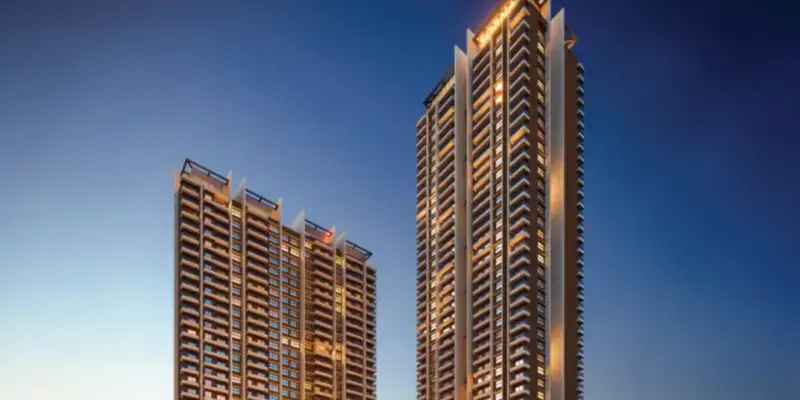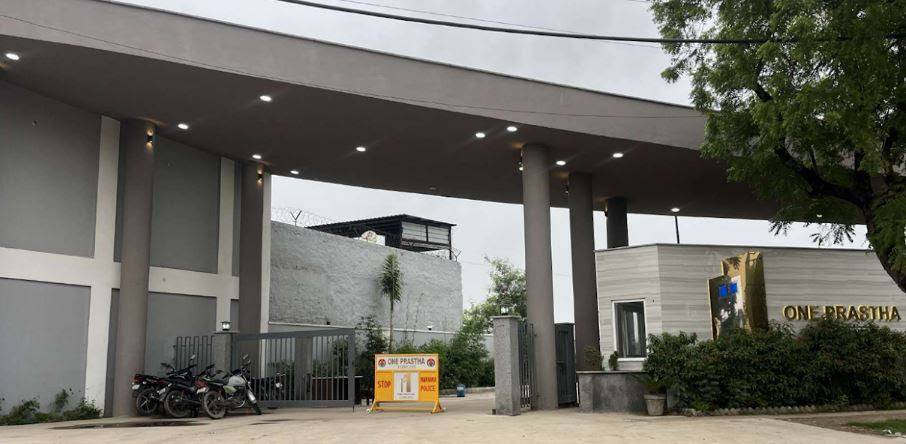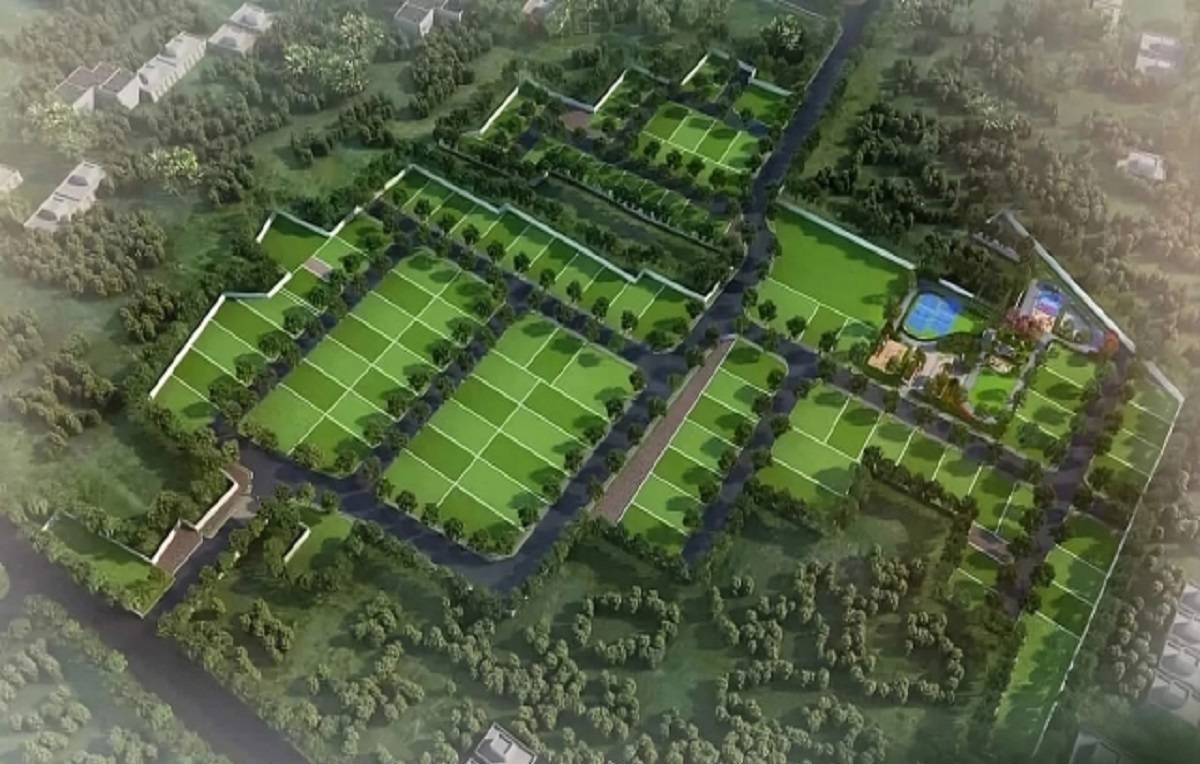Over 70,000 housing units across nearly 500 projects in the Mumbai Metropolitan Region (MMR) have come to a halt following a directive by the National Green Tribunal (NGT), Bhopal bench. The tribunal’s order requires that real estate projects located within a 5 km radius of eco-sensitive zones must now secure environmental clearance from the Central government, instead of state authorities.
Earlier, the State Environment Impact Assessment Authority (SEIAA) held jurisdiction over such approvals. According to industry representatives, this change has led to widespread delays, affecting timelines and placing significant financial strain on developers and buyers. The majority of the affected projects fall in the affordable and mid-income segments.
In June, real estate developers met with municipal commissioner Bhushan Gagrani, requesting permission to continue work up to the plinth level. They argued this would prevent contractors, suppliers, and workers from facing sudden work stoppages. However, the plea was rejected because granting such permission would violate the NGT’s August 2023 order.
The directive came in response to a petition filed by Bhopal-based environmentalist Pranjal Karera, who had requested that the Ministry of Environment, Forest and Climate Change (MoEF&CC) centrally appraise all projects within 5 km of eco-sensitive zones, critically polluted areas, and protected regions under the Wildlife Protection Act, 1972.
The tribunal’s decision affects projects across multiple areas in MMR, including those surrounding Sanjay Gandhi National Park, Tungareshwar Wildlife Sanctuary, Karnala and Thane Bird Sanctuaries, Panvel Creek, and Phansad Wildlife Sanctuary.
Developers argue that while environmental safeguards are necessary, the additional layer of approvals is creating uncertainty. Zameer Khan, CEO of Unimax World, said that timely clearance is critical for maintaining project viability. He added that several projects are also awaiting Coastal Zone Management Plan (CZMP) approvals, which is adding further delays.
In Navi Mumbai, the issue is particularly acute, as a large number of housing projects on CIDCO-allotted land cannot be registered with the Maharashtra Real Estate Regulatory Authority (MahaRERA) without obtaining the required clearances. Developers claim this situation has disrupted cash flows and created anxiety among buyers who have already booked units.
Hitendra Ghadia, director at Millennium Infra, noted that the ripple effects are affecting the entire supply chain, including contractors and suppliers. He also said the delays are impacting state revenues collected through stamp duty and registration fees.
Developers have urged authorities to coordinate with the Central government to fast-track clearances. They warn that continued delays will likely increase project costs, a burden that could eventually be passed on to homebuyers. According to market analysts, the uncertainty may also slow down new launches, affecting housing supply in the coming months.
Environmental groups argue the new clearance process is necessary to ensure that projects near sensitive ecological areas comply with conservation rules and do not damage protected habitats. The tribunal’s order includes areas already identified as critically and severely polluted by the Central Pollution Control Board, expanding the scope of projects needing central scrutiny.
For now, thousands of buyers are left waiting for updates on their homes, while developers attempt to navigate a complex approval process. The industry continues to push for relief or an alternative mechanism that would allow stalled projects to resume construction without violating environmental norms.
Observers say the final outcome will depend on how quickly the Central Ministry processes clearances and whether the state government can facilitate communication between stakeholders. Until then, large portions of the housing pipeline in MMR remain frozen, with uncertainty over project timelines and delivery.









.png)